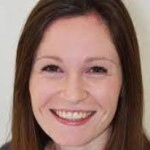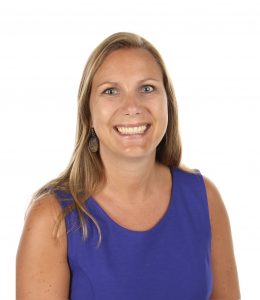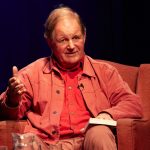36. Reading for Pleasure with James Clements, Dr Sarah McGeown and Lindsay Pickton




Learn all about the link between motivation and reading for pleasure in this insightful conversation between Oxford Education’s Mary Hamley and reading experts James Clements, Lindsay Pickton and Dr Sarah McGeown.
We discuss how you can grow a reading culture in your classroom, how to encourage students to read for pleasure, and practical tips to support motivating students to read more.
James Clements is an education writer and reading for pleasure advocate.
Lindsay Pickton is primary English specialist. He tweets at @EnglishHubUK
Dr Sarah McGeown is a reading for pleasure and literacy expert. She tweets at @DrSarahMcG
Mary Hamley is Head of Primary Digital Literacy and Reading at Oxford University Press.
Further reading and support:
- Learn more about Readerful – a new reading library packed with ingredients to motivate children to read more.
- Order a free Readerful taster pack for your school.
- Find out more about the Love to Read project that Sarah mentions.










